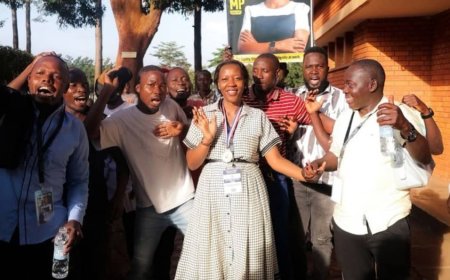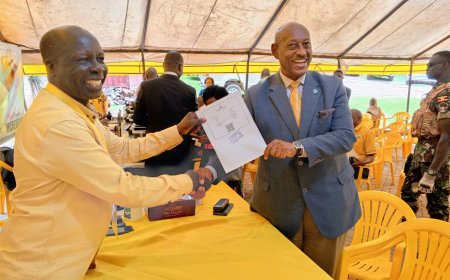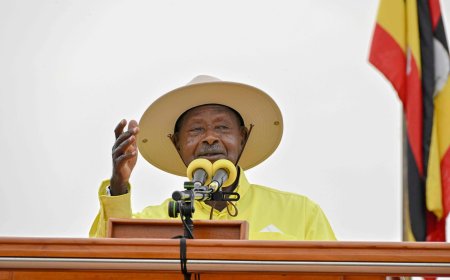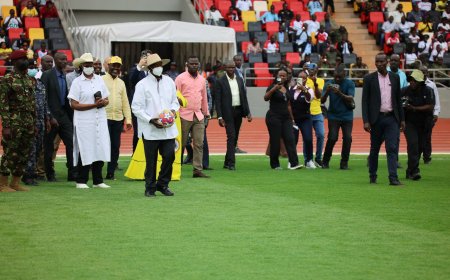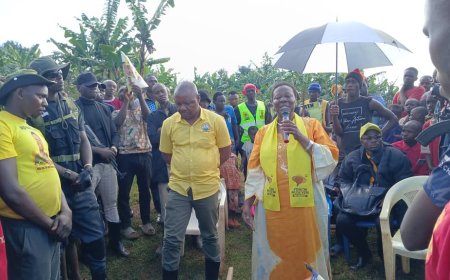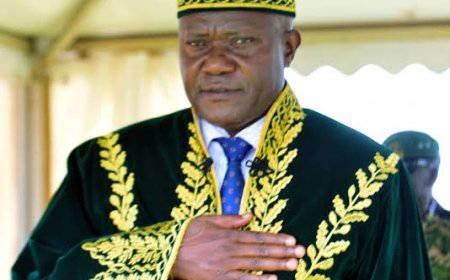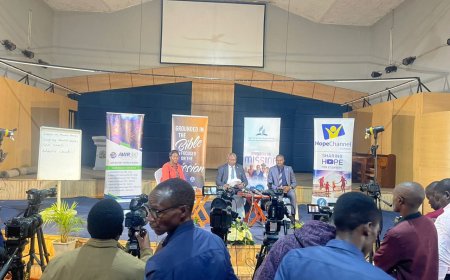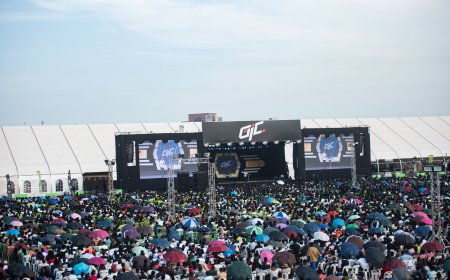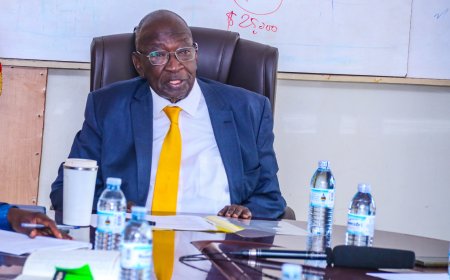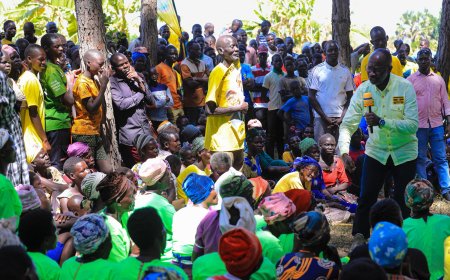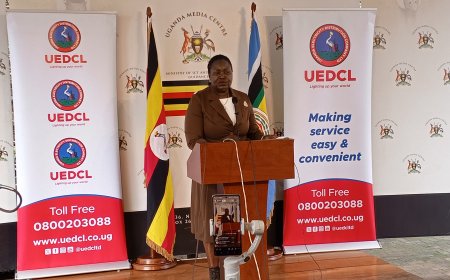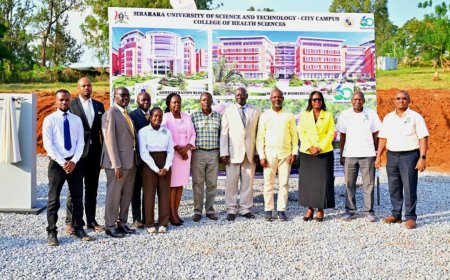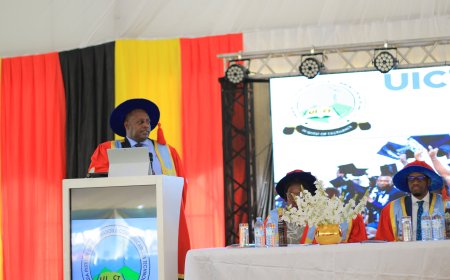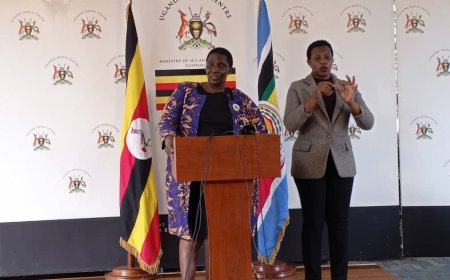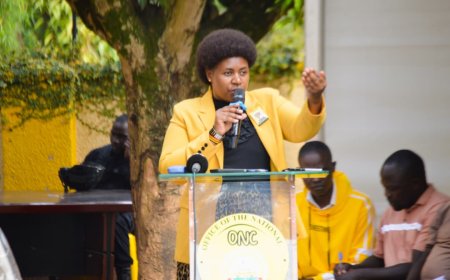Nominations for Sub-county SIGs Elections Set for July 9, 2025 as Electoral Commission Trains Media on Coverage and Legal Framework
Representing the Chairperson of the Electoral Commission, Patricia Aol, EC Head of Administration and Caretaker for Human Resources, officially opened the session. She emphasized the role of the media in enhancing transparency and citizen engagement throughout the electoral process.
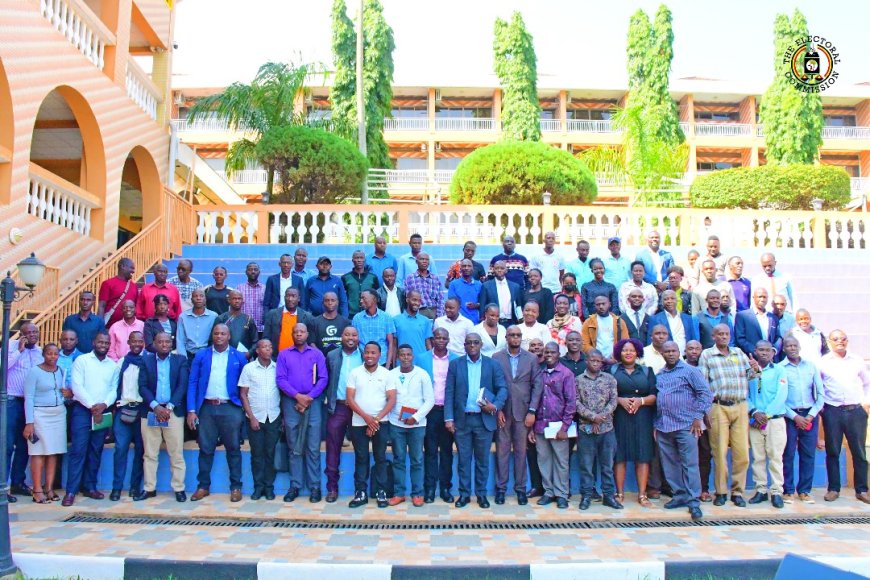
The Electoral Commission (EC) of Uganda has underscored the importance of informed and ethical media coverage in the ongoing electoral cycle, with a special focus on Special Interest Groups (SIGs) elections. In a dedicated media training held at Hotel Africana on July 8, 2025, the Commission brought together journalists from radio, television, print, and digital platforms to build capacity around the legal framework, electoral processes, and responsible reporting specific to SIG elections.
The media training comes as part of the wider implementation of the 2025/2026 General Elections Roadmap, which includes a detailed schedule for the conduct of SIGs elections—from the village to the national level—for Older Persons, Persons with Disabilities (PwDs), Workers, Women, UPDF, and the Youth.
Representing the Chairperson of the Electoral Commission, Patricia Aol, EC Head of Administration and Caretaker for Human Resources, officially opened the session. She emphasized the role of the media in enhancing transparency and citizen engagement throughout the electoral process.
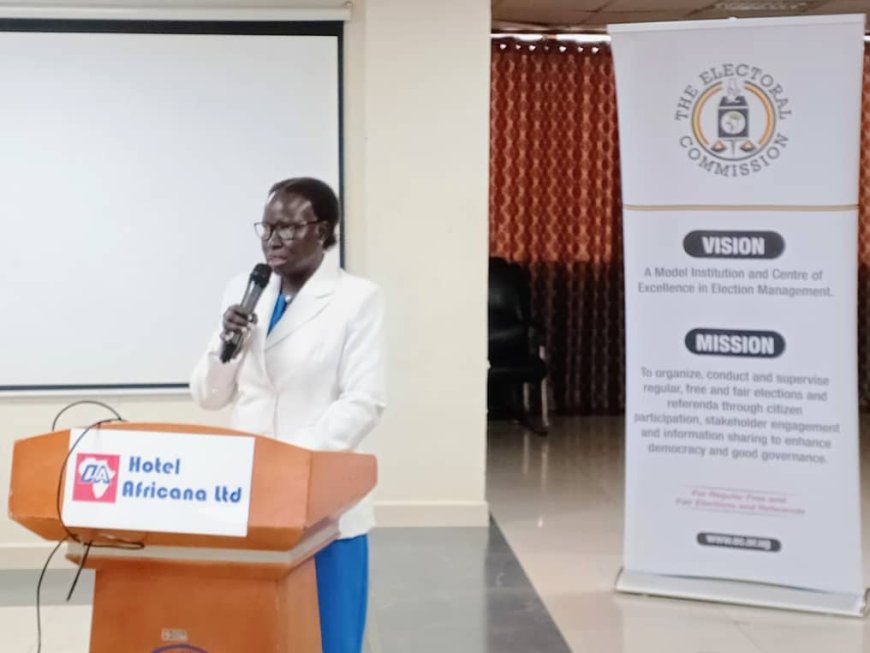
“This stakeholder engagement with the media is all about information sharing on the Special Interest Groups (SIGs) elections. It's a learning platform for both the Electoral Commission and the media practitioners,” Aol said.
Understanding SIGs Elections: The Structure and the Process
Bosco Ngabirano, Senior Election Officer and Focal Person in charge of SIGs at the Electoral Commission, provided a comprehensive breakdown of the electoral structure and processes involved in SIGs elections, referencing the Constitution of Uganda.
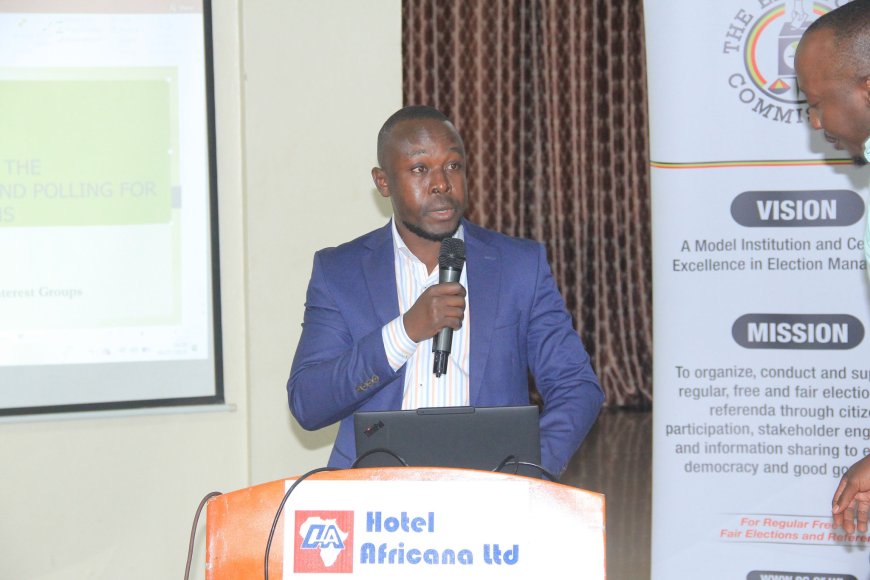
Ngabirano noted that at the village level, there are nine (9) positions to be contested for each SIG. Once elected, these village-level leaders form the Parish Electoral College, comprising five (5) executive leaders from each SIG group.
He added that nominations for SIGs at the Sub-county level were scheduled for July 9, 2025, where contestants would be elected by the Parish-level electoral college.
The process will then move to higher administrative units, including:
Municipality, City, and Division nominations: July 24–26, 2025
Municipality and City Division Youth Committee Elections: August 4, 2025
District and City Youth Committee Elections: August 19, 2025
National Youth Council Elections: August 27–29, 2025
Ngabirano further explained that the District SIGs Electoral College differs in composition. It consists of SIG Chairpersons from the Sub-county, Division, Municipality or Town; a Youth with Disability representative per district; and a Uganda National Students Association (UNSA) representative.
This ascending structure ensures that the electoral process progresses from the grassroots up to the National Council level, allowing for inclusive participation of marginalized groups.
Legal Framework and Media Ethics
Hajji Kayondo Abubaker, representing the EC Legal Department, led a session on the legal dimensions of SIG elections, ensuring that media practitioners are well-versed in the legal mandates, rights, and obligations that govern the electoral process.
Complementing this, Samuel Gummah, a seasoned journalist and trainer from the Uganda Radio Network (URN), encouraged media professionals to uphold professionalism, ethics, and factual reporting in their coverage.
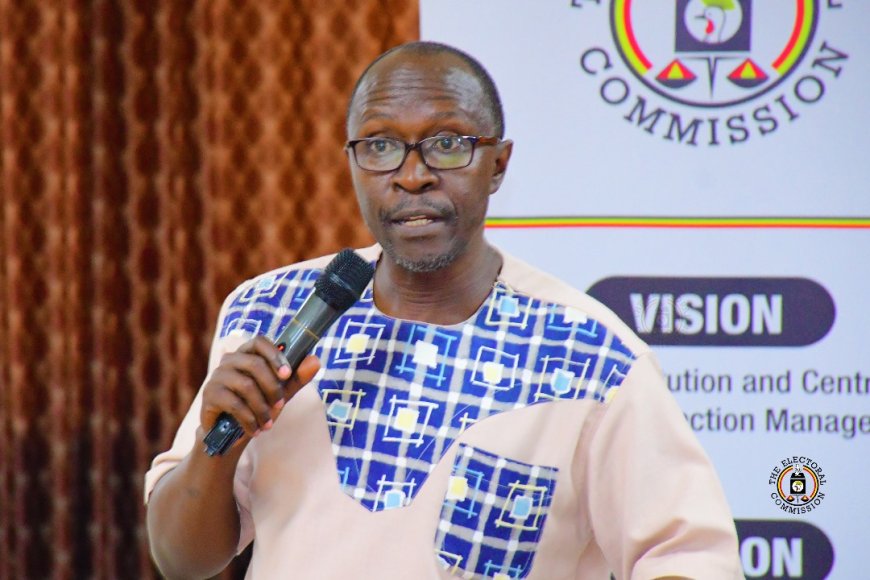
“We are no longer living in a world separated by borders. The global village means your report can influence perceptions beyond Uganda. Stick to accuracy and truth,” Gummah advised.
Significance of SIGs Elections
SIG elections are integral to ensuring the representation of historically marginalized communities—including the elderly, the disabled, and the youth—within Uganda’s governance structures. These elections provide a platform for these groups to elect their own leaders, who then represent their interests at higher levels of political administration.
The process involves multiple steps, including compilation of electoral registers, nominations, campaigns, and polling, as outlined in the 2025/2026 General Elections Roadmap issued by the Electoral Commission.
The Village SIG elections, which mark the foundation of this structure, have already been conducted. The ongoing process continues to unfold through the Parish, Sub-county, Municipality, District, and eventually the National Council level.
As Uganda prepares for the full rollout of the 2025/2026 General Elections, the Electoral Commission has reiterated its commitment to transparency, inclusivity, and stakeholder engagement. The media, as a crucial pillar of democracy, is being equipped not only with the necessary knowledge but also the ethical foundation to cover the SIGs electoral process effectively.
By empowering journalists with accurate information and a deeper understanding of SIG elections, the EC aims to foster public trust and informed participation in the democratic process—ensuring that no voice is left behind.
